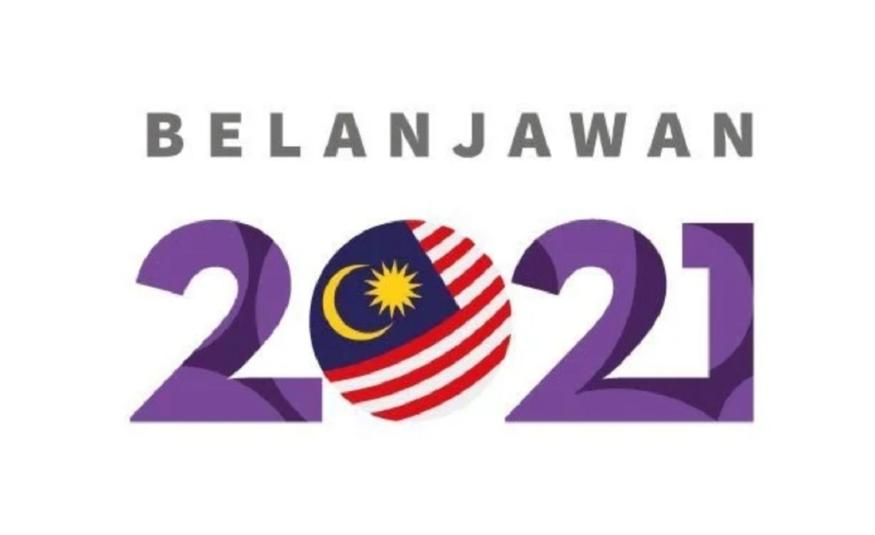By Zaidi Isham Ismail
For the first time ever in Malaysia's history, Finance Minister Tengku Datuk Seri Zafrul Aziz will be tabling perhaps the country's most challenging budget ever.
Against the backdrop of COVID-19 which is possibly the deadliest pandemic the world has ever seen since the Spanish flu in the 1920s, Zafrul will tomorrow spell out the nation's most crucial budget ever.
Budget 2021 will be vital as the government balances the needs of the economy while taking care the health of the rakyat both at the same time.
This budget will determine whether the leaders will make or break the country next year and the subsequent years.
Sunway University Business School Professor of Economics Dr Nur Ain Shahrier shares her thoughts with DagangNews.com on what we can expect tomorrow.
Unlike previous years, the government's budget allocation this year is very tight indeed, having passed recently RM12 billion of a supplementary budget in August.
Having three times of financial stimulus this year, the budget deficit stands at 20.4% of gross domestic product (GDP) with government's debt and liabilities at 81.6% of GDP.
The prolonged COVID-19 and conditional movement control order (CMCO) have caused a significant impact on the economy, which is further aggravated by the uncertain political climate.
Against this background, we can expect the budget this year to focus largely on reviving the economic growth amid the pandemic and CMCO.
If in the past, the budget allocated 'goodies' to almost everyone, this year's budget however is expected to be more targeted aimed at businesses, small and medium scale enterprises (SMEs), the B40 groups and the unemployed.
For the businesses and SMEs, the allocation of the budget includes grants and tax breaks.
The unemployed includes the university graduates looking for jobs or those who were retrenched during this pandemic.
The allocation to these groups will focus on re-skilling and up-skilling with more technological skills that meet the digital job demand.
However, most of these re-skilling programs focuses on the youths who are below 40 years old, leaving behind those above 40 to find their own means on how to re-skill themselves.
Aside from the cash transfer such as Bantuan Sara Hidup to the vulnerable groups, the focus should also be on more sustainable income generating mechanisms.
The proportion of the budget will still be about 70% to operational expenditure and 30% to development expenditure.
What this pandemic has shown is the need for further research in health care and how future pre-emptive measures should be enhanced to better cushion its impact.
Universiti Putra Business School, Datuk Dr. John Antony Xavier
I think Malaysians want greater subsidies in terms of employment/wage subsidies.
They don't want additional taxes.
And they want a quick discovery and distribution of the COVID-19 vaccine so that they can go about their lives without fear.
They also don't want a general election that will aggravate the pandemic.
The rakyat also want the government to pump prime the economy so that the economy can recover fast and the rakyat can get back to or retain their jobs.
They want the living aid to continue until their household incomes have improved.
Also the moratorium on loans should continue with the government subsidising the banks for the latter's losses.
They want political stability so that investments can come in to promote jobs, wages and therefore their welfare.
Also consumers want greater environmental sustainability and to check climate change through greater adoption of renewable energy.
Those laid off must be supported with grants and retraining subsidies. - DagangNews.com

The writer is former NST Business assistant editor










